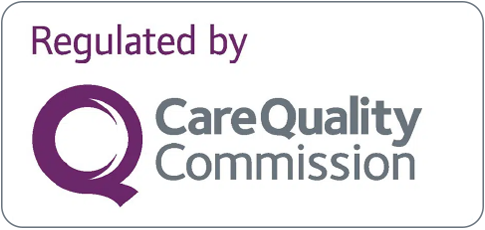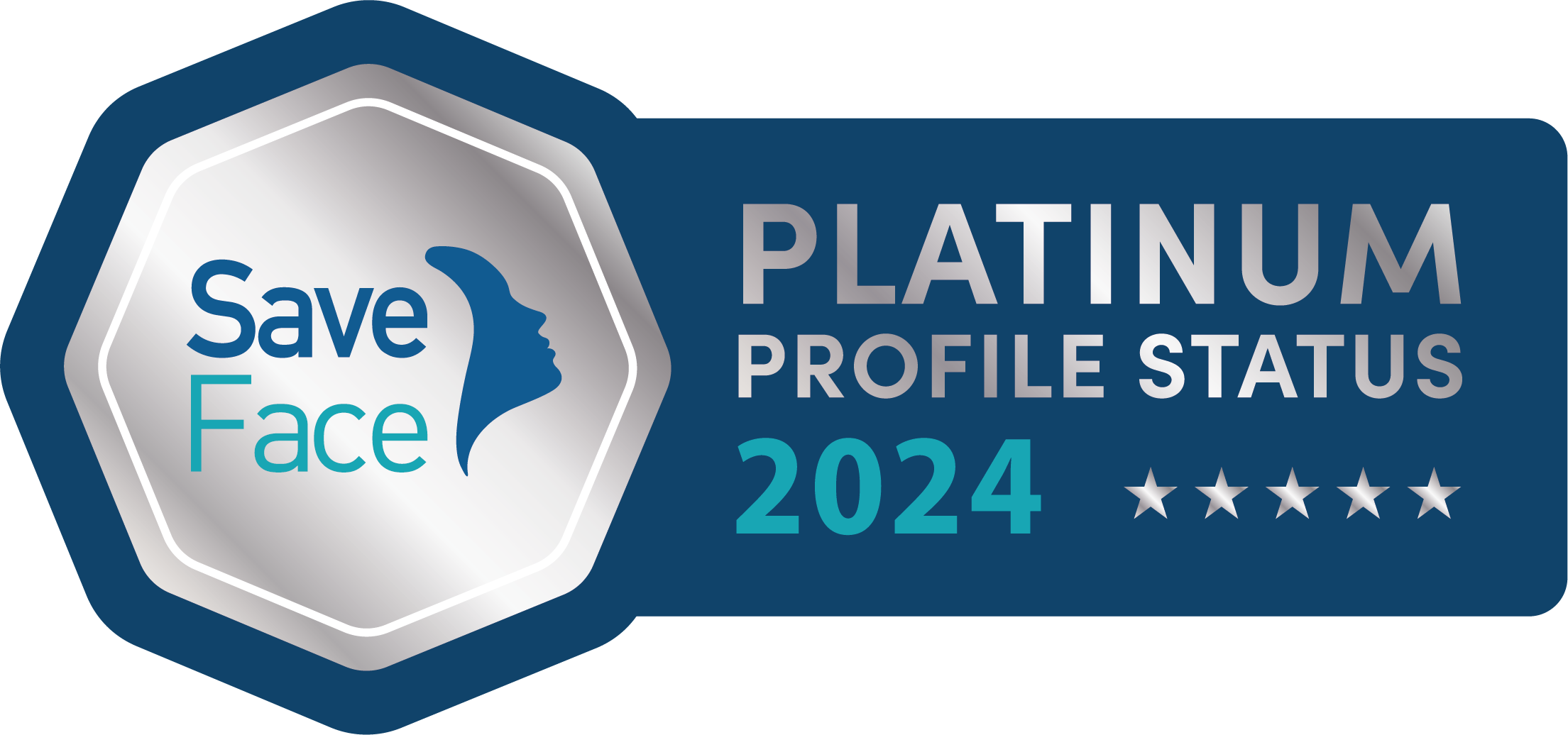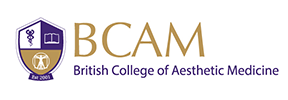Moving Beyond Assumptions and Overpromises

Menopause care is not about a single solution or assumption, it’s about understanding, respecting, and treating each woman as an individual because management is complex.
As a practitioner dedicated to menopause care, I’ve seen firsthand how social media, healthcare myths, and systemic challenges have shaped unrealistic expectations and created barriers to quality care for women in midlife. Menopause care is complex—it’s about so much more than prescribing hormone replacement therapy (HRT). Yet, I see a troubling trend: the assumption that any woman over 40 with symptoms is automatically in need of HRT and that this “magic pill” will solve everything.
Let’s explore the nuances of menopause care and why an individualised, ethical, and evidence-based approach is essential.
The Danger of Simplification: Menopause and HRT
Social media has done much to raise awareness about menopause, but it has also oversimplified it. Women are led to believe that their symptoms—whether fatigue, mood swings, weight gain, or low libido—are always due to oestrogen or testosterone deficiency and that HRT is the guaranteed solution.
While HRT is transformative for many women, it’s not a universal answer. Over-promising its effects not only sets unrealistic expectations but can also overshadow other potential diagnoses. A woman presenting with fatigue, for instance, may have an underlying thyroid disorder, vitamin deficiency, or mental health condition. Rushing to prescribe HRT without thorough assessment risks missing these diagnoses, which can have serious consequences.
Individualised Care: The Gold Standard
Every woman’s journey through midlife is unique. Effective menopause care requires:
- A Holistic Assessment: Understanding a woman’s lifestyle, medical history, symptoms, and goals is fundamental. This means exploring her beliefs, hopes, and any previous experiences with HRT or other treatments.
- Medical Risk Evaluation: Checking blood pressure, reviewing blood test results, and assessing cardiovascular, bone, and mental health are crucial. Midlife is a critical time to address risk factors for long-term health conditions, such as cardiovascular disease—the leading cause of death in women in this age group.
- Evidence-Based Guidelines: Adhering to guidelines from reputable organizations like the British Menopause Society (BMS) ensures safe and effective care. However, these guidelines are vast and ever-evolving, requiring time and expertise to apply effectively to each patient.
Barriers to Care in the NHS
While the NHS remains a cornerstone of healthcare in the UK, it’s no secret that the system faces immense pressure. For menopause care, the constraints are particularly stark:
- Time Limitations: A ten-minute GP appointment simply doesn’t allow for the comprehensive assessment, explanation, and planning that menopause care demands.
- Knowledge Gaps: Many GPs lack access to up-to-date training on menopause, leaving patients underserved.
- Resource Inequalities: Women in lower socioeconomic areas often face additional barriers, from limited access to menopause specialists to delayed diagnostic tests.
As a former NHS GP, I know how hard my colleagues work, but the system itself is stretched too thin to meet the complex needs of menopause care effectively.
The Testosterone Debate
Testosterone has become a hot topic on social media, often promoted as a cure-all for low libido, energy, and mood. But the reality is more nuanced.
The UK lacks a licensed testosterone product for women, and many healthcare providers are hesitant to prescribe it due to limited evidence and knowledge gaps. While testosterone can benefit some women, particularly in improving sexual function, its success rate is not as high as widely claimed. Moreover, the placebo response to testosterone is significant, highlighting the need for careful patient education.
For those who might benefit, access to informed and ethical prescribing is essential. At the same time, it’s vital to set realistic expectations and consider alternative approaches when appropriate.
Why I Chose Private Practice
Leaving the NHS to dedicate my career to menopause care was not a decision I made lightly. But in private practice, I have the time and resources to provide the individualised, evidence-based care that women deserve.
- Time for Thorough Assessments: I can review blood tests, medical history, and lifestyle factors without the constraints of a rushed appointment.
- Ethical, Patient-Centred Care: My focus is on finding the right treatment—or no treatment at all—based on each woman’s unique needs.
- Freedom from Targets: Private practice allows me to prioritise my patients’ well-being over government-imposed metrics whilst adhering to the same vast guidelines.
It’s disheartening that some private clinics have given the impression that the private sector is profit-driven rather than patient-centered. However, many of us are simply dedicated healthcare professionals seeking to provide the best possible care in a system that allows us to do so.
The Way Forward
Menopause care in the UK needs a multi-faceted approach:
- Education: Both healthcare providers and women need access to balanced, realistic, accurate, up-to-date information about menopause and its treatment options but the staff need the TIME to deliver this effectively.
- Access: We must address the unmet need for menopause care in underserved communities.
- Holistic Care: Whether in the NHS or private practice, menopause care should prioritise the whole person and their full medical position at that time in a way that not is not driven by profit.
Conclusion
Menopause care is not about a single solution or assumption delivered maybe through our phones as we scroll—it’s about understanding, respecting, and treating each woman as an individual because management is complex. HRT can be life-changing for some and problematic or useless for others.
Whether in the NHS or private practice, the ultimate goal is the same: empowering women to take control of their health with confidence, knowledge, and care. Let us not assume that private medical care providers are not able to deliver this ethically and safely.






